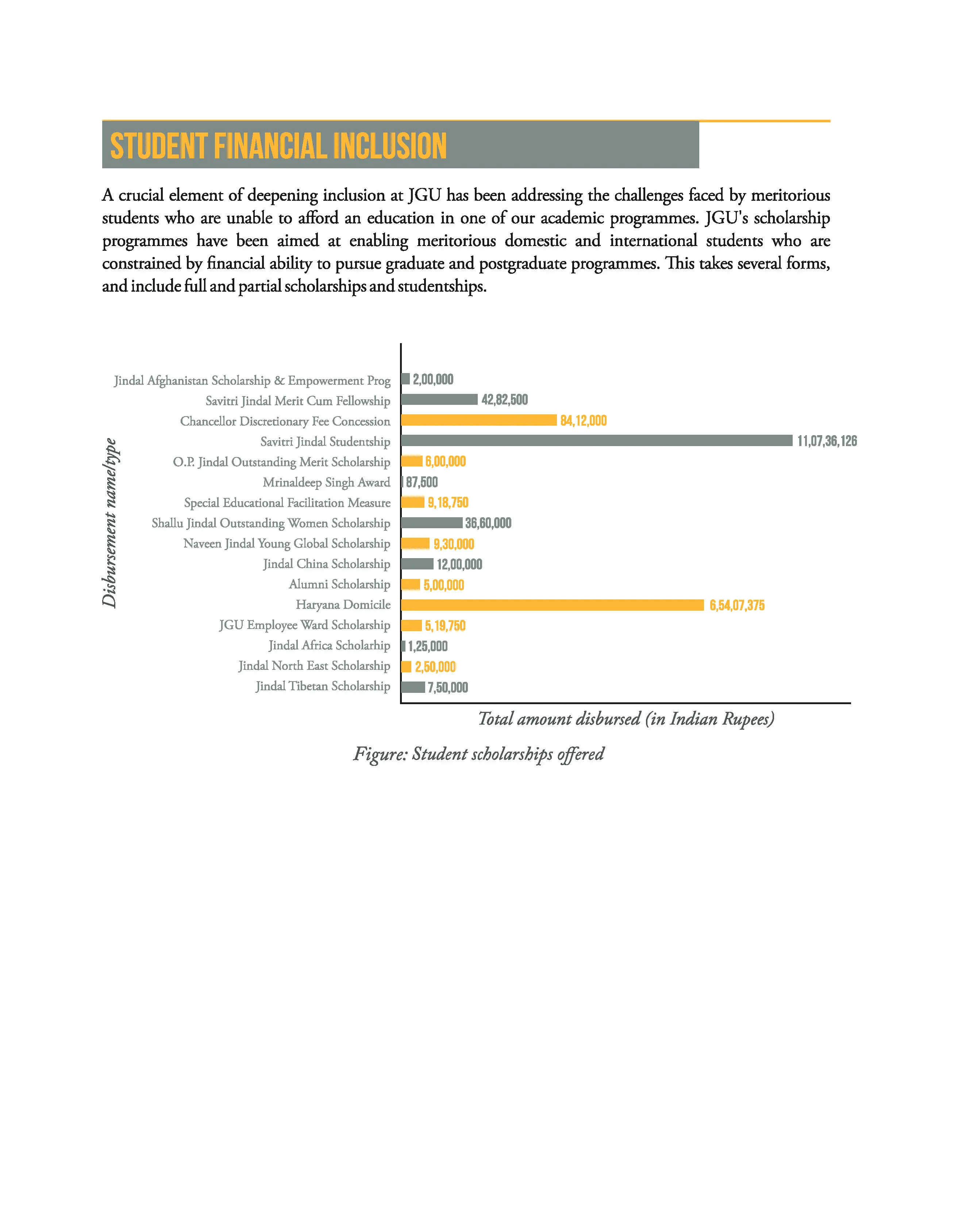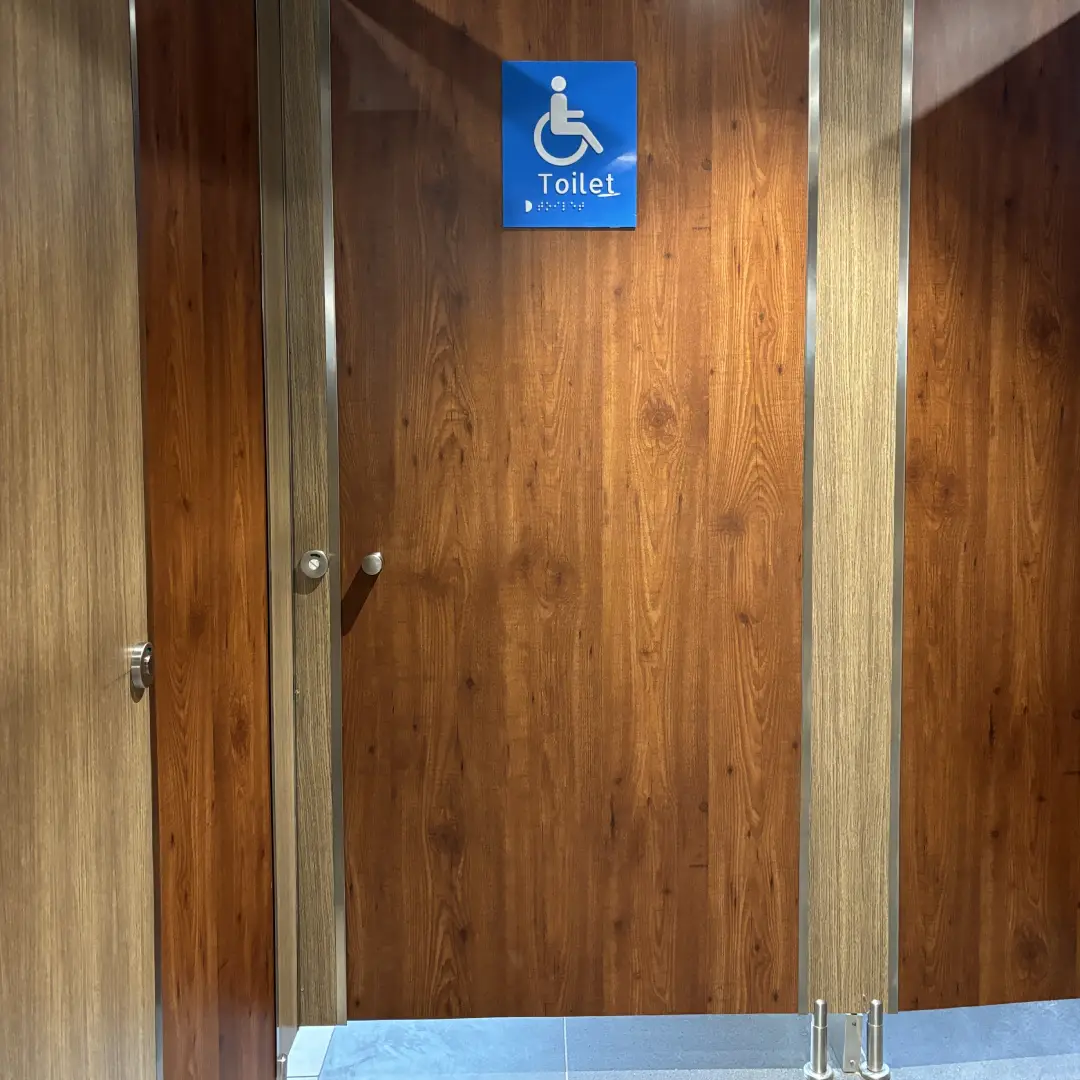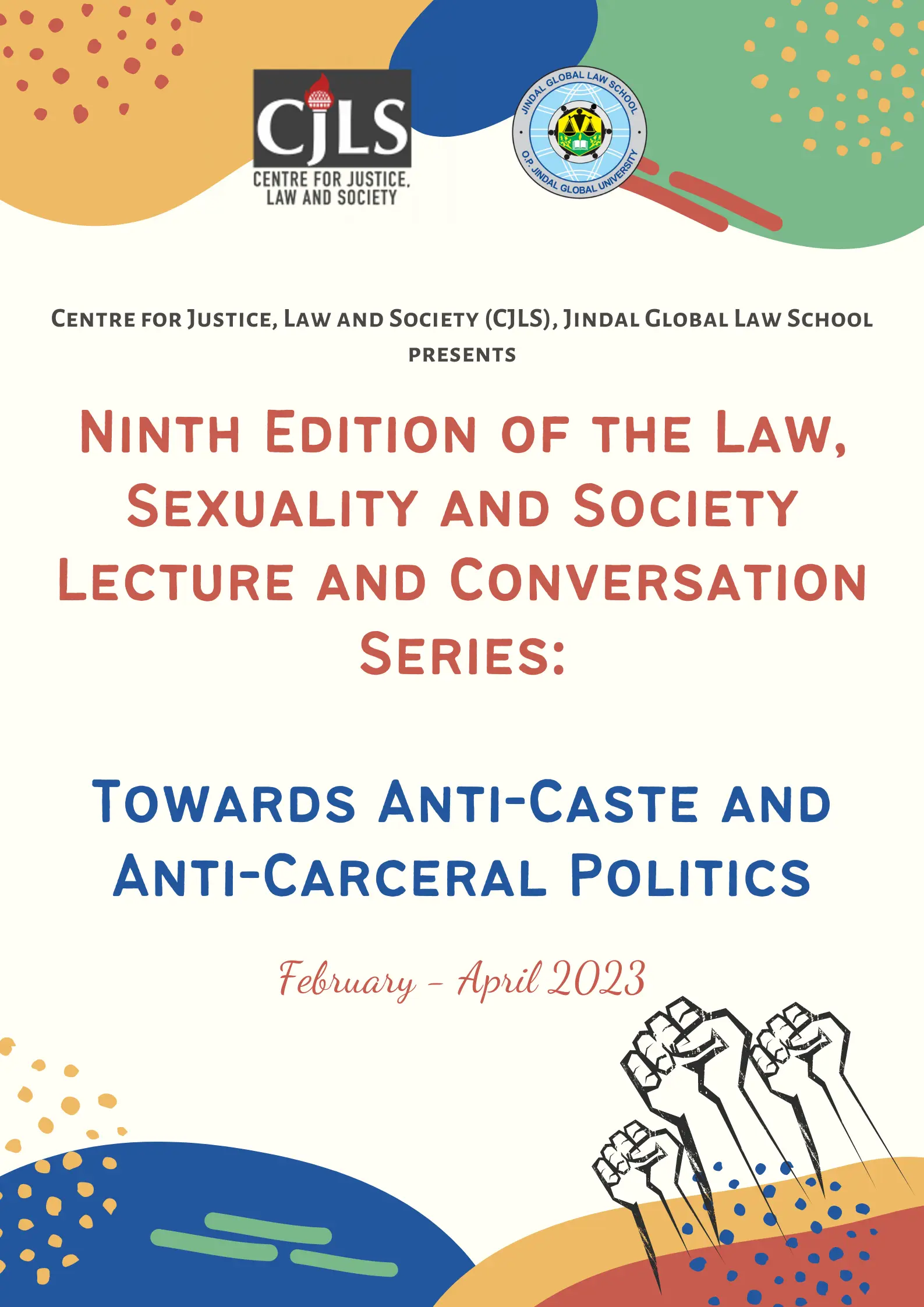24×7 Toll Free
1800-180-5522
helpline@antiragging.in | www.antiragging.in
Centre for Youth (C4Y)
antiragging@c4yindia.org | www.c4yindia.org
JGU Anti-Ragging Committee*
| S.No. | Contact Person | Designation | Contact No. | |
|---|---|---|---|---|
| 1 | Vice Chancellor/ Vice Chancellor's Nominee | Chairperson | vc@jgu.edu.in | |
| 2 | Mr. Sanjeev Rana, Director, Office of Student Housing and Residential Life | Member | srana@jgu.edu.in | 8930110668 |
| 3 | Mr. Utsav Srivastava, Deputy General Manager, Office of Student Housing and Residential Life | Member | utsav.srivastava@jgu.edu.in | 8800459673 |
| 4 | Ms. Gowri M Belwadi, Lecturer, Jindal Global Law School | Member | gowrim.belwadi@jgu.edu.in | 6363520687 |
| 5 | Mr. Utkarsh, Lecturer, Jindal Global Law School | Member | umishra@jgu.edu.in | 7419614737 |
| 6 | Ms. Anjali Tripathi, B.A. LL.B. (Hons.), Jindal Global Law School, 2021 batch | Senior Student Representative | 21jgls-atripathi2@jgu.edu.in | 9874700357 |
| 7 | Mr. Sourya Mukherjee, B.A. LL.B. (Hons.), Jindal Global Law School, 2024 batch | Fresher Student Representative | 24jgls-smukherji@jgu.edu.in | 7439779573 |
| 8 | Mr. Lalit Siwach | Parent Representative | lalitsiwachchd@gmail.com | |
| 9 | SHO Rai, Sonepat | Local Police / Administration Representative | shorai03@gmail.com | |
| 10 | Prof. Kavya Lalchandani, Assistant Professor, Jindal Global Law School | Member Secretary | kavya.lalchandani@jgu.edu.in | 7419614702 |
*Mr. Rohit (yoga practitioner) to be deputed as the meditation counselor for ragging victims.
JGU Anti-Ragging Cell
| S.No. | Contact Person | Designation |
|---|---|---|
| 1 | Mr. Sanjeev Rana, Director, Office of Student Housing and Residential Life | Chairperson |
| 2 | Mr. Narender Singh, Assistant General Manager, Office of Safety, Security & Vigilance | Member |
| 3 | Dr. Nalin Malhotra, Joint Director & Chief Medical Superintendent, Office of Health Services | Member |
| 4 | Mr. Niranjan Reddy Challa, Senior Deputy General Manager, Office of Student Affairs | Member |
| 5 | Ms. Mani Mala, Assistant General Manager, Office of the Chief Proctor | Member |
| 6 | Prof. Aakriti Tripathi, Associate Professor, Jindal Global Law School | Member |
JGU Anti-Ragging Squad
| S.No. | Contact Person | Designation |
|---|---|---|
| 1 | Mr. Narender Singh, Assistant General Manager, Office of Safety, Security & Vigilance | Member |
| 2 | Ms. Nirmal Kanwar Khangarot, Deputy Manager, Office of Safety, Security & Vigilance | Member |
| 3 | Mr. Utsav Srivastava, Deputy General Manager, Office of Student Housing and Residential Life | Member |
| 4 | Ms. Pallavi Sharma, Manager, Office of Student Housing and Residential Life | Member |
| 5 | Two on-duty male security guards | Member |
| 6 | Two on-duty female security guards | Member |
As an aspiring world-class global institution, JGU lays a strong emphasis on developing a diverse, multicultural student body that draws on students from varying socioeconomic backgrounds, gender, age, geographical origin, sexual orientation, race, religion, ethnicity, caste, and abilities.
In its effort to maintain a diverse student body and empower students from marginalised communities, including women through equitable quality education, the university actively monitors the application and acceptance rates for all students from marginalised communities in India and across the world. The university has partnered with Meritto (formerly NoPaperForms), which is India's largest and most advanced SaaS-based education CRM system for this endeavour.
The staff in the admissions office at JGU use NPF to manage our application and admissions process. The system helps track and manage applications for all our undergraduate, postgraduate and doctoral programmes. The CRM allows us to capture over 100 data points for each application including gender (Men/Women). The admissions team also uses this information to track the application, acceptance and entry rate of women candidates to various programmes at JGU.
More on Meritto here https://www.meritto.com/
Policy for employees
As a matter of institutional policy, JGU is committed to principles of diversity and affirmative action, and will comply with all affirmative action requirements in accordance with law.
Policy on Non-Discrimination, Equal Employment Opportunity and Affirmative ActionMerit-cum-Means scholarships
O.P. Jindal Global University awards Merit-cum-Means Scholarships (MCM) every year to meritorious students, including but not limited to those from underrepresented groups such as financially weaker backgrounds and women. The MCM Scholarship covers the tuition fee only. The eligibility criteria include annual family income, graduation score and faculty interview score.

Savitri Jindal Merit Cum Means Fellowship: This fellowship is for outstanding female students who may not otherwise be able to afford the full fees of the M. A. (DLB). The number of Savitri Jindal (SJ) Scholarships awarded by JSAA shall be not less than 40% of the total intake per program 4.0 Scholarship Amount 4.1 – 50% of awardees shall receive scholarships of 30% of tuition fees for the year
JGU lays a strong emphasis on mentoring students through their journey at the university. For this we have instituted a robust Faculty-Student Mentorship initiative across all our academic programmes. Each new student is assigned a faculty mentor that serves as a guide through their time in the academic programme. JGU is also one of the few universities in Asia that maintains a 1:8 faculty-student ratio and appoints faculty members from India and different parts of the world with outstanding academic qualifications and experience. The university also ensures that students have easy access to faculty, a supportive peer group, world-class reading resources and campus infrastructure that aids in ensuring that all students receive the support required to excel in academics and extracurriculars.
The faculty also works in close coordination with the examinations and Dean's office to actively monitor each student's performance and programme completion rate. Grades of all students and performance reports are stored online in the University Management System (UMS) and help the faculty and staff take informed decisions in identifying students that need support and also in developing schedules for extra classes, counselling sessions, workshops etc.
The Student Handbook (Pages 165-191) details JGU's policies and procedures to prevent harassment and discrimination of any form. The handbook contains the following sections:
Anti-ragging regulations
JGU believes in inculcating discipline and social integration among its students. In furtherance of this objective and with the aim of protecting its students from immoral and inhumane acts of ragging, JGU has adopted these Regulations to address preventive, procedural and punitive aspects of ragging. These Regulations seek to enforce the University Grants Commission Regulations on Curbing the Menace of Ragging in Higher Educational Institutions, 2009. Read More
Anti-sexual harassment committee
The Committee on Gender Sensitisation Against Sexual Harrasment (COGSASH) was constituted for the prevention, prohibition and re-dressal of sexual harassment in JGU. Our campus houses thousands of young minds and the committee ensures that they feel safe and secure during their journey with us. COGSASH is a fully functional, legally established committee on campus trying to provide a safe space for not just the students, but all our employees and visitors as well who come to visit our campus. Visit https://jgu.edu.in/jgus-anti-sexual-harassment-committee/ for contact information
Rules on Gender Sensitisation Against Sexual Harassment Policy for non-discrimination against women Policy for non-discrimination against trans people Policy on Non-Discrimination, Equal Employment Opportunity and Affirmative ActionAccessible library
The Global Library has an exclusive section, Abhigamya or Accessible Library, for members of the JGU community with special needs. Abhigamya is equipped with devices and software to convert text to digital braille, and audio books and vice versa. The service can be used for online learning as well. Any library material can be converted into digital braille. Students will however be required to arrange their own digital braille reading/writing devices.
Accessible infrastructure
Ramps, elevators, special washrooms etc are an integral part of the University infrastructure.
View Student Handbook for more information on Disability SupportDisability Support Committee (DSC)
JGU endeavours to harness an inclusive learning environment for all its students. The role of the DSC is to assess students with long-term disabilities and determine necessary accommodations to ensure their equal and non-discriminatory access to all aspects of life at JGU.
Students with a known disability, requiring different academic and other accommodations are required to register with the Disability Support Committee (DSC). The Committee provides a range of accommodations to the conditions identified by the Rights of Persons with Disabilities Act, 2016, Mental Health Care Act 2017 and UGC Guidelines. We provide support to students with a wide range of health and learning related conditions. These conditions include physical and movement related difficulties, visual impairment, hearing impairment, medical conditions, specific learning difficulties and mental health conditions. The Disability Support Committee maintains strict confidentiality in its discussions and respects the privacy of the students.
FAQs on DSC View Student Handbook for more information on Disability SupportDisability Inclusion Society for peer support
Apoyo is a student-led society at JGU for the support of persons with disabilities and mental health-related concerns. The society's role is to provide support by directly engaging with persons with disabilities. For example, generalists may help a student with accessible technology or citing for an assignment. Note: The DSC (Disability Support Committee) is still the primary body of support. Apoyo is a secondary support system only.
View moreThe DSC is guided by the definition of disability in the RPD Act. The RPD Act defines disability as a “long term physical, mental, intellectual or sensory impairment which, in interaction with barriers, hinders his full and effective participation in society equally with others”.
The RPD Act also sets out a list of conditions that are classified as disabilities. These are Leprosy cured person, cerebral palsy, dwarfism, muscular dystrophy, acid attack victims, blindness, low vision, hard of hearing, speech and language disability, specific learning disabilities, autism spectrum disorders, chronic neurological disorders such as Multiple Sclerosis and Parkinson's disease, blood disorders such as Hemophilia, Thalassemia, Sickle Cell Anemia, intellectual disabilities, mental health conditions and multiple disabilities. All conditions must be long term or chronic in nature to fall within the definition of disability.
View FAQs on DSC View DSC Registration FormJGU endeavours to harness an inclusive learning environment for all its students. Students with a known disability, requiring different academic and other accommodations are required to register with the Disability Support Committee (DSC). The Committee provides a range of accommodations to the conditions identified by the Rights of Persons with Disabilities Act, 2016, Mental Health Care Act 2017 and UGC Guidelines. We provide support to students with a wide range of health and learning related conditions. These conditions include physical and movement-related difficulties, visual impairment, hearing impairment, medical conditions, specific learning difficulties and mental health conditions. The Disability Support Committee maintains strict confidentiality in its discussions and respects the privacy of the students.
View JGU's Reasonable Accommodation Policy
Braille signage in elevators

Accessible washrooms


Abhigamya, the Inclusive and Accessible Library: The Global Library has an exclusive section, Abhigamya or Accessible Library, for members of the JGU community with special needs. Abhigamya is equipped with devices and software to convert text to digital braille, and audio books and vice versa. The service can be used for online learning as well. Any library material can be converted into digital braille. Students will however be required to arrange their own digital braille reading/writing devices.

Wheelchairs on request


Jindal School of Government and Public Policy (JSGP) Open Lecture on ‘Inequality and K-shaped Recovery in the context of rising prices and plummeting social expenditure’
Conference on the International Day of the World’s Indigenous Peoples
Globally, August 9th is commemorated as the International Day of the World’s Indigenous Peoples, chosen in recognition of the first meeting of the UN Working Group on Indigenous Populations held in Geneva in 1982. As noted by the UN website on this day: “There are an estimated 476 million indigenous peoples in the world living across 90 countries. Indigenous Peoples (IPs) make up less than 5 percent of the world’s population, but account for 15 per cent of the poorest.
They speak an overwhelming majority of the world’s estimated 7,000 languages and represent 5,000 different cultures.” India has recognized 705 Scheduled Tribes (STs) who have inherited unique cultures and ways of relating to the people and the environment. We at the O.P. Jindal Global University celebrated the International Day of the World’s Indigenous Peoples on August 9th and 10th 2023, as an effort to draw attention to their concerns, contributions and resilience. The two-day seminar with contributions from faculty across JGLS, JSPH, JSLH, JSPC, and JSJC, as well as from centres such as the Jindal Centre on the Legal Empowerment of the Poor, and the Centre for Women’s Rights highlighted and registered the contribution of the indigenous peoples globally and of STs in India. Thematic sessions noted in-person and online participation from leaders, scholars, and activists from the indigenous and ST communities or working on issues of indigenous communities. Session themes ranged from climate change and sustainability, languages, health, natural resources, governance, and violence, along with cultural activities and documentary screenings that aim to enhance awareness on these issues among students.
Ninth edition of the annual Law, Sexuality and Society Lecture and Conversation Series, 2023 – Lecture series is titled ‘Towards an Anti-Caste and Anti-Carceral Politics’

The Centre for Justice Law & Society (CJLS) at Jindal Global Law School endeavours to create spaces for holding critical conversations that explore contemporary issues at the intersection of law, justice, society and marginalisation in South Asia. The centre has been organising the Law, Sexuality & Society Lecture & Conversation Series since 2014 inviting scholars, artists and activists in the field of sexuality and gender studies to engage in critical conversations that explore the contested domains on sex, gender and sexuality to bring forth the nuances and complexities that inform our understanding of sexuality and the law with the faculty and students and faculty at Jindal Global Law School. The Law, Sexuality & Society Lecture & Conversation Series 2023 attempted to take forward the conversations on the role of the law in shaping the narratives and informing dominant discourses on sex, gender and sexuality. Through this series, the centre proposed to interrogate the role of the law and carcerality in entrenching cis-heteropatriarchal norms and casteist hierarchies as well as the emerging resistance to such norms and hierarchies.
Higher education institutions in particular necessitate that a plurality of approaches be adopted in their academic, operational, and functional spaces. These relate to multiple aspects including socioeconomic backgrounds, gender, age, geographical origin, sexual orientation, race, religion, ethnicity, caste, and abilities. In the particular case of higher education institutions, this also extends to pedagogical approaches, interdisciplinarity, academic offerings and inclusivity within leadership and governance structures.
JGU was founded on a commitment to become a model of excellence in higher education in India and the world. We believe that this can be achieved most sustainably through the development of an institutional culture that respects diversity and fosters inclusion. Over the next decade, we will prioritise efforts to create and sustain a diverse working, learning and living environment on the JGU campus, foster an environment that welcomes individuals of all backgrounds and orientations, promote an intellectual culture that thrives at the intersection of disciplines and ideas, and build a reputation for being a diverse, equitable and global university.
JGU had outlined 16 key indicators of diversity and inclusion for the institution:
O.P. Jindal Global University (JGU) is committed to creating an inclusive and accessible environment for all members of its community, including individuals with disabilities. The Disability Accommodation Policy outlines the procedures and accommodations available to students, faculty, staff, and visitors with disabilities to ensure equal access to the university’s programs, activities, and facilities.
View Policy Here